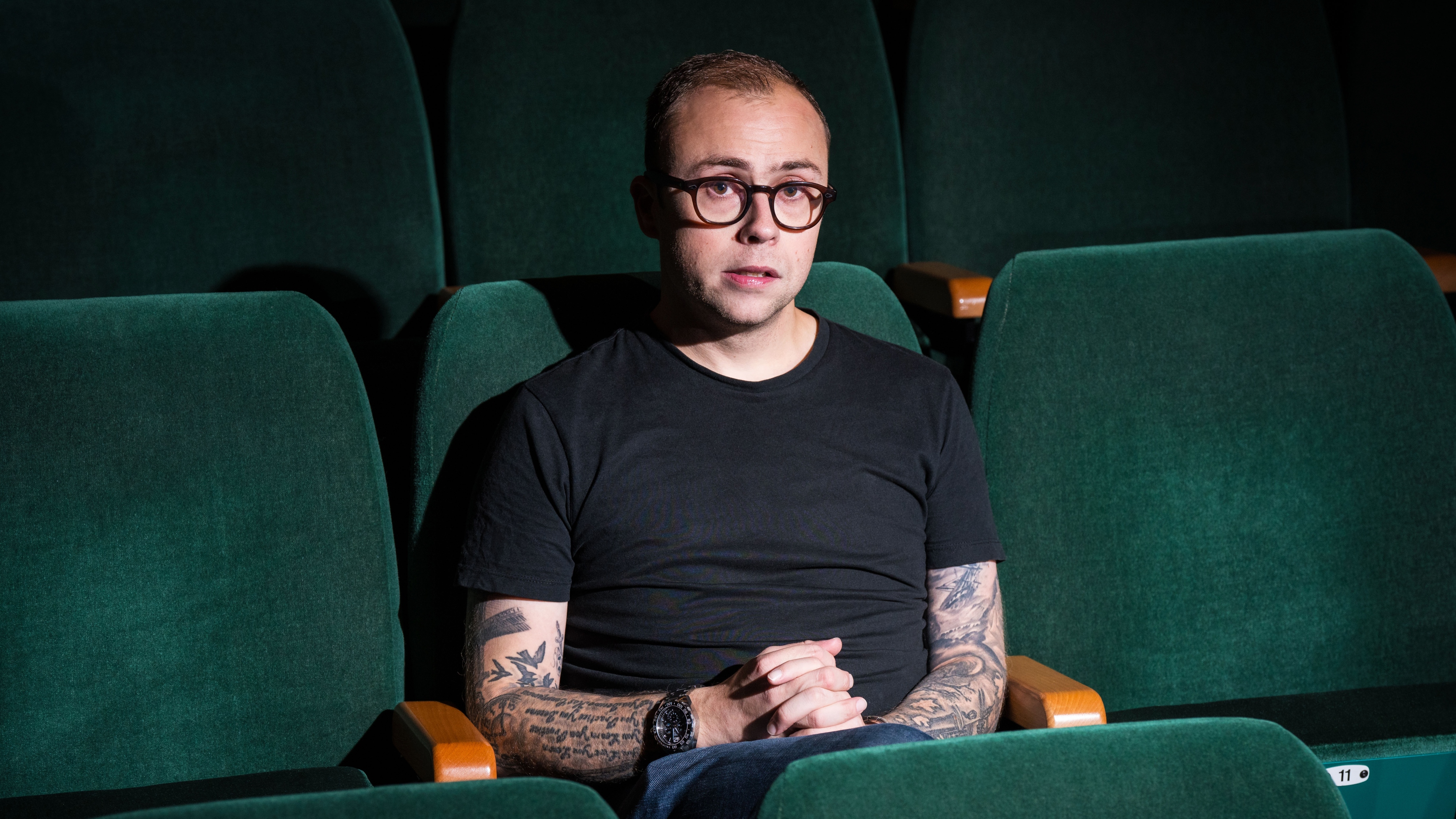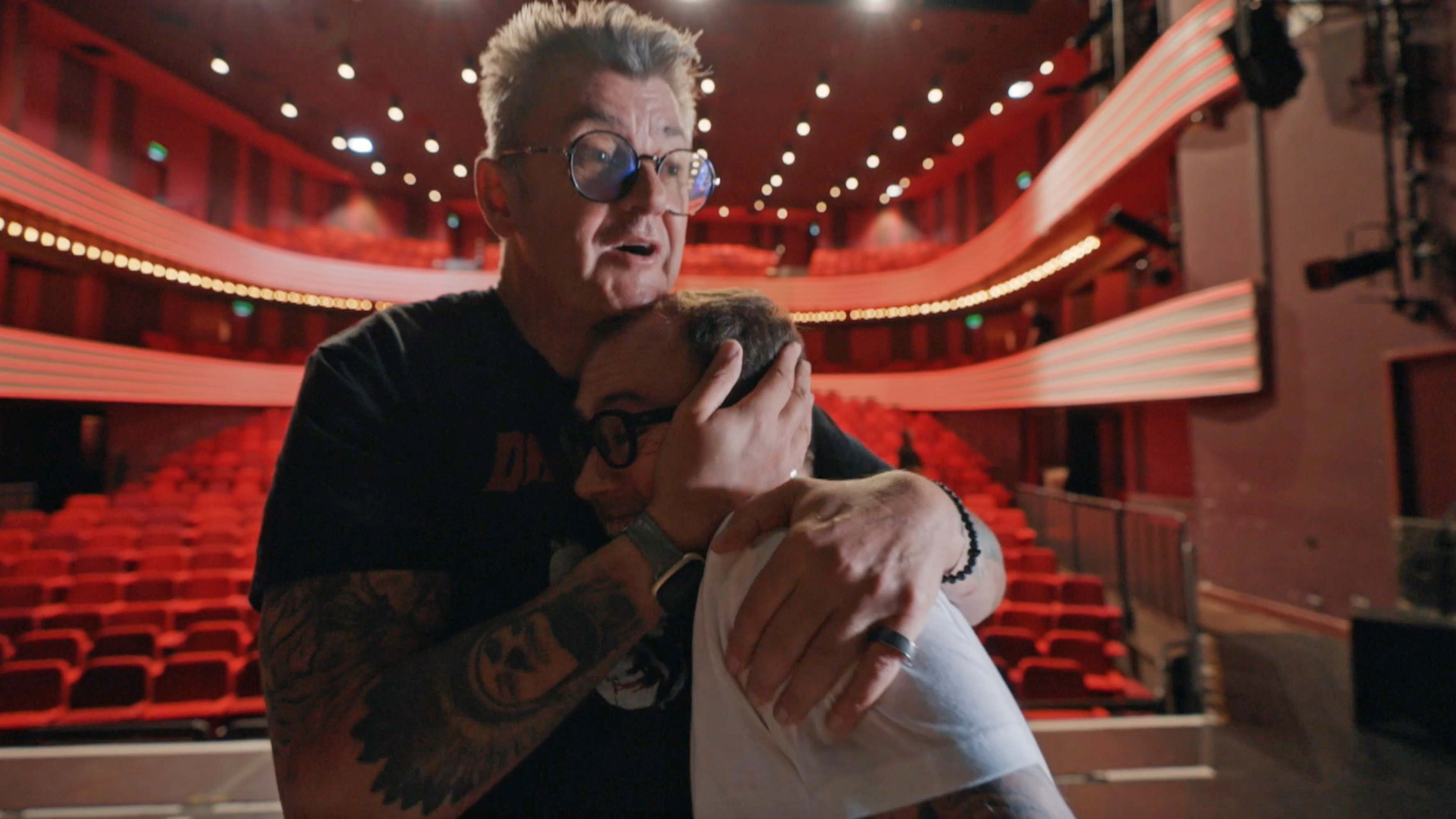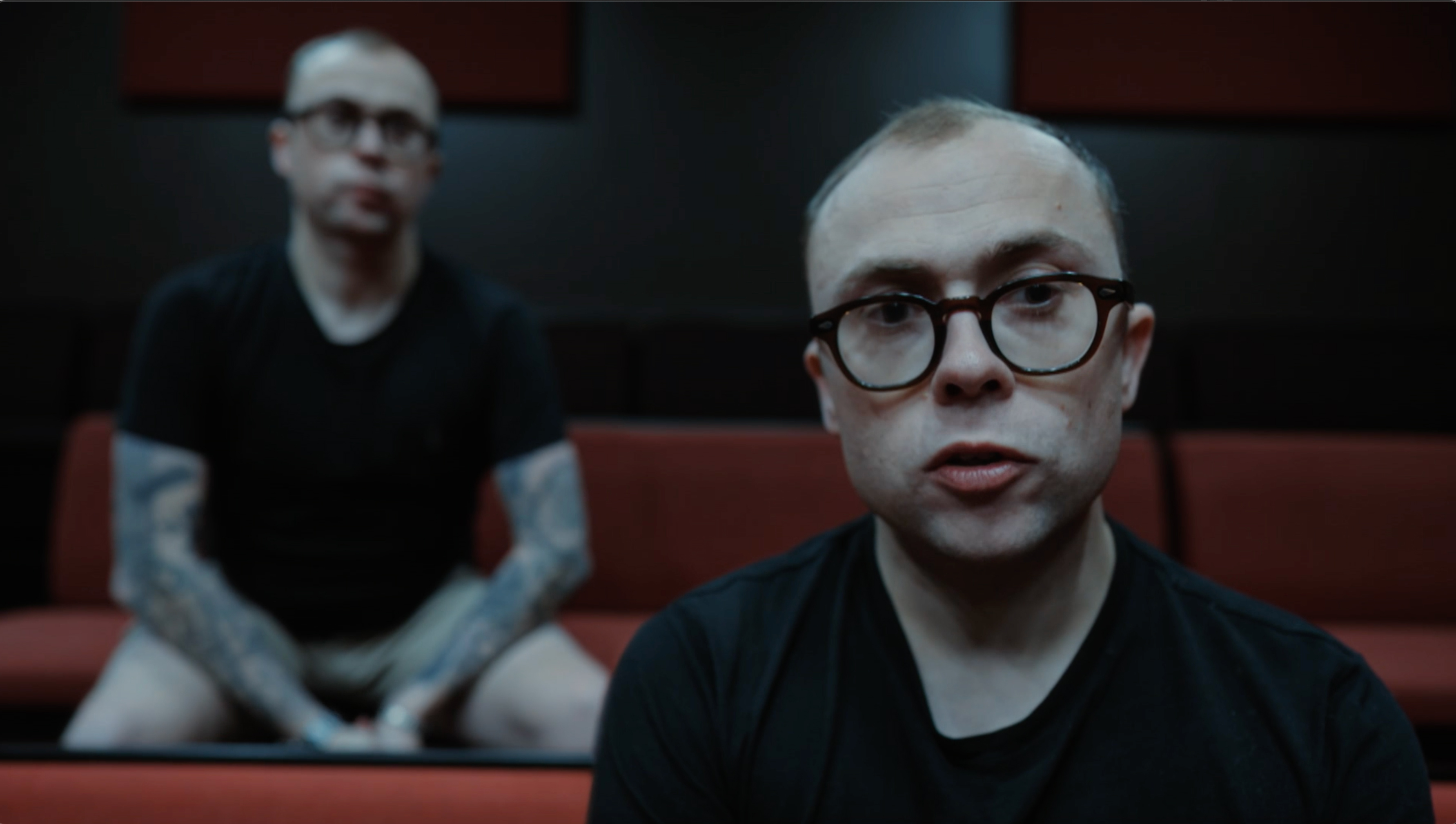
Me and the Voice in My Head saw actor and comedian Joe Tracini reveal the reality of living with Borderline Personality Disorder.
In this C4 documentary, which was being shown as part of Mental Health Awareness week, former Hollyoaks star Joe Tracini talked candidly to psychologists and his family about his mental health and past traumas as he also attempted to reignite his comedy career.
Intrusive thoughts and chronic insecurity are just some of the symptoms associated with Borderline Personality Disorder and Joe became a viral sensation for his very honest sketches about this subject on social media.
Me and the Voice in My Head combined highly personal events with scripted comedy moments, allowing Joe to tell his story in his own unique way.
Here's everything we know about Me and the Voice in My Head...
Where to watch Me and the Voice in My Head
Me and the Voice in My Head aired on Monday, May 13 at 10pm on Channel 4. The documentary is now available to watch on channel4.com.
Me and the Voice in My Head host
Me and the Voice in My Head was fronted by Joe Tracini, an actor and comedian who was diagnosed with Borderline Personality Disorder ten years ago.
Joe rose to prominence with his online dance routines during lockdown and is the son of comedian Joe Pasquale.
As well as appearing in Hollyoaks, his other acting credits include Coming of Age and My Spy Family. Not only has he spoken openly about BPD on TV, but he has also written a book called "Ten Things I Hate About Me: How to Stay Alive With a Brain That's Trying to Kill You".

Me and the Voice in My Head premise
Joe Tracini discussed life with Borderline Personality Disorder, a condition that has led to struggles with addiction and panic attacks that have ended his stand-up career. Joe hoped that by exploring his childhood, he could finally get a handle on his BPD and get through a stand-up comedy show that he hoped would re-ignite his career.
Joe also bravely introduced us to Mick, the constant voice inside his head. The documentary exposed how Mick fed Joe negative thoughts and often encouraged him to hurt himself through scenes where Joe played Mick, appearing on screen alongside his "real" self.
Throughout the documentary, Joe spoke to his family, loved ones and experts in BPD, in order to gain more understanding of his condition, and try to make his life more liveable. However, Mick was never far away.

Joe Tracini interview for Me and the Voice in My Head
Joe Tracini spoke to What To Watch to hear more about his highly personal documentary...
When did you first become aware that you felt differently from other people?
Joe: "It was in 2011 that I first considered something was very wrong with me. I had been going through alcohol and drug addictions and it wasn't until a few years later after I'd got clean and sober that I was diagnosed with BPD. I only really started to properly address it in 2018."
In the documentary, you explain how you have a voice in your head that you’ve named 'Mick'
Joe: "Yes, Mick’s voice is constant and continually saying horrible things to me. They are my own thoughts of course but attributing them to 'Mick' is a way of coping because I'm aware that how I feel about myself is wrong. For years I didn’t feel able to talk about it to anyone and pretended it wasn’t happening which, when you’ve got an emotional disorder ruling you, is actually the worst thing you can do."
You say that your family found it hard to understand…
Joe: "Yes, my family was never a great unit. I had a very bizarre childhood. I had a bad time at school so I was taught at home and by the age of ten I was working as a professional magician and with my dad a lot. My mum, dad, my younger sister, we’re all nice people but we just didn’t get on together. My dad has found it hard to understand my mental health but I think these days we’ve got a good relationship, the best we can and that’s because we both listen to each other now."
What support is available to people with BPD?
Joe: "The help that is available depends on how much money you have. I’m not currently in therapy, because I can't afford it. I was put on a two year waiting list three years ago. I’m still on it. It’s very difficult to get help."

Would you like to do more comedy and acting in the future? Is that the plan?
Joe: "Yeah absolutely. I’m hoping I might actually be able to get back to doing some of the things I like. Right now I'm too scared to go out a lot of the time but I really need a bit of a break from just sitting on my own. I’m tired of feeling like this and so making this documentary is my attempt to try something new and talk about it. I'm very glad that I was able to do it with people that I trust. We made it together as a team and I’m very proud of it."
How did it feel getting a diagnosis of BPD?
Joe: "It was great for me but not so great for the people I loved. I didn’t feel able to talk about it much and pretended it wasn’t happening most of the time. If you've got an emotional disorder that is ruling you, the worst thing you can do is not tell anybody about it."







